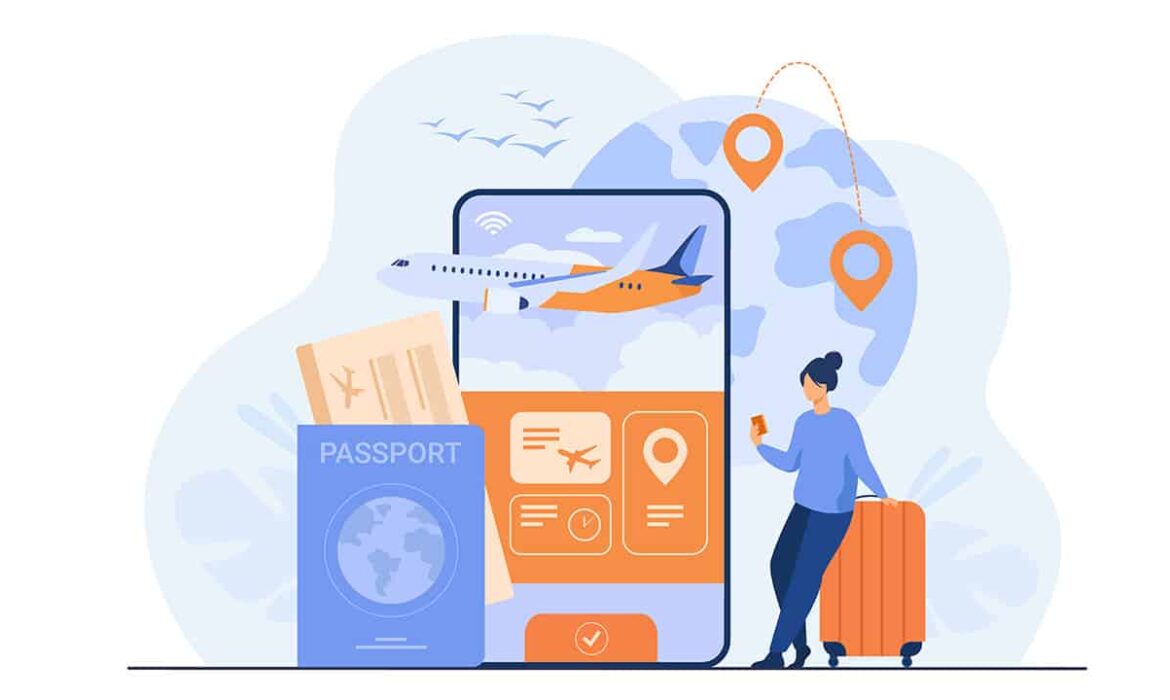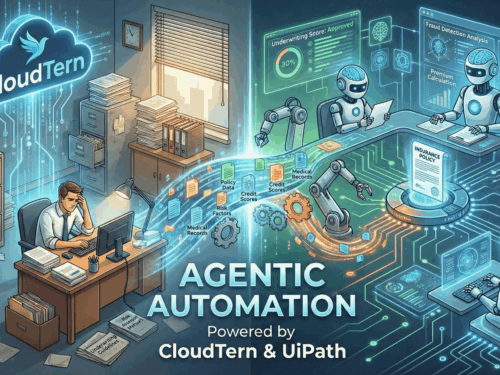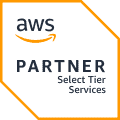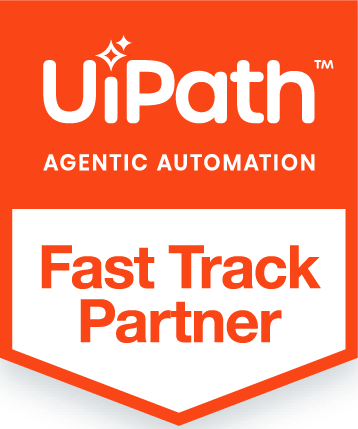
cloud services for hospitality
Right from the first hotel reservation system “HotelType’ introduced in 1947 and the first automated electronic reservation system ‘Reservatron’ in 1958 to today’s AI-based platforms, hospitality technology has come a long way. While the industry was a bit late to adopt the cloud, it is quickly catching up with others in recent times.
The hospitality industry revenues are increasing at a rapid pace. According to Global Hospitality Report, the industry earned a revenue of $3,952.87 billion in 2021. This value is expected to reach $4,548.42 billion by the end of 2022, growing at a CAGR of 15.1% during the period 2021-2022. The smart hospitality market was valued at $10.81 billion in 2020. This value is expected to reach $65.18 billion by 2027, growing at a CAGR of 25.1% between 2021 and 2027, as reported by Market Data Forecast.
The hospitality industry is aggressively embracing cloud solutions in recent times. Here are a few reasons that are driving this adoption.
Mobility Solutions
‘Mobility solutions’ is a key aspect of cloud services. This is what the hospitality industry needs the most as its target audience comes from different parts of the globe. With a cloud-based hospitality platform, customers from any location and device can easily search for room availability, check out the available amenities and make convenient travel bookings from the comfort of their homes.
Unlimited Scalability of Operations On-demand
The hospitality industry is a special industry wherein traffic spikes are dynamic. During the off-season, the traffic is minimal while peak seasons bring a gold rush. For instance, Spring Flower Fest is conducted on the 31st of May every year at Callaway Gardens in Georgia. During this time, hotels and resorts receive a huge number of visitors. It is difficult for traditional software to handle this abnormal traffic spike. However, scalability is the key feature of cloud technology. Regardless of the size and nature of the traffic, hotel and resort management can seamlessly scale operations on-demand and only pay for the resource used.
Deliver Superior Customer Experience
Personalization is key to delivering a superior customer experience. The hospitality industry is no different. Today, customers are not just looking to spend a night in a hotel room but they expect something more. Cloud solutions augmented with AI analytics help organizations identify customer preferences, purchasing trends and browsing behaviours to offer personalized and customized offers. Be it about a special recipe, spa session or a visit to an amazing holiday spot and arranging the best travel option, customers will enjoy a convenient and exciting stay when they get much more than a hotel stay experience.
Seamless Integration across the Supply Chain
Traditional software doesn’t allow you to add new features that are not available with the vendor or integrate with other platforms. However, cloud solutions can be easily integrated with any platform across the supply chain. As such, organizations can quickly add/modify travel packages and seamlessly move between different vendors to offer customized offers to customers.
Automation everywhere
With automation incorporated across the business operations, hospitality institutions can concentrate on delivering a superior customer experience instead of worrying about property management.
Optimized Costs
In a traditional software environment, the hotel management has to invest heavily in the hotel management software licenses, and maintenance and then frequently update it. Cloud solutions come with a pay-per-use subscription model. It means you only pay for the resources used. There is no heavy upfront payment. During a peak season, the platform automatically scales up and down to meet traffic spikes. As such, operational costs are significantly optimized.
Simplified IT Management
While the technology improves the efficiency of hospitality operations, the industry doesn’t have the expert staff and required IT budgets to manage IT operations. Cloud solutions not only optimize costs but also simplify IT management. As the cloud provider handles the infrastructure management, software maintenance and updates, organizations are released from this burden. As such, they can deliver a superior customer experience while identifying ways to increase revenues.







